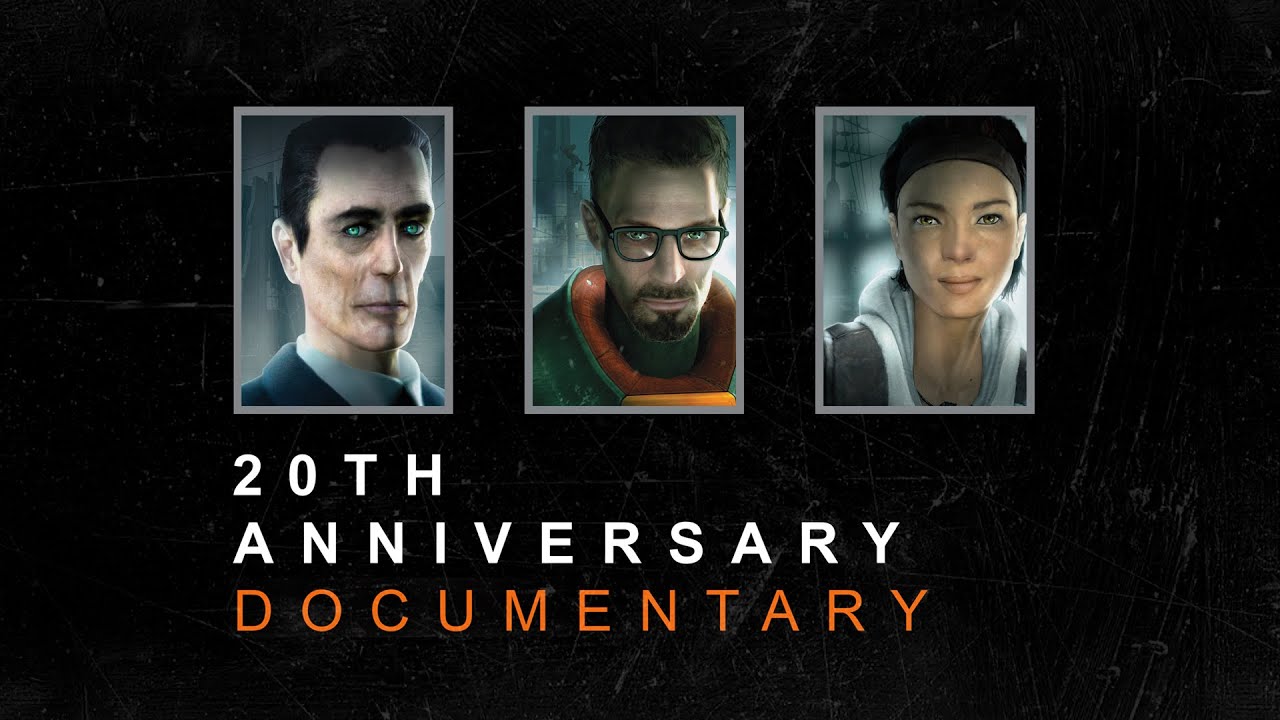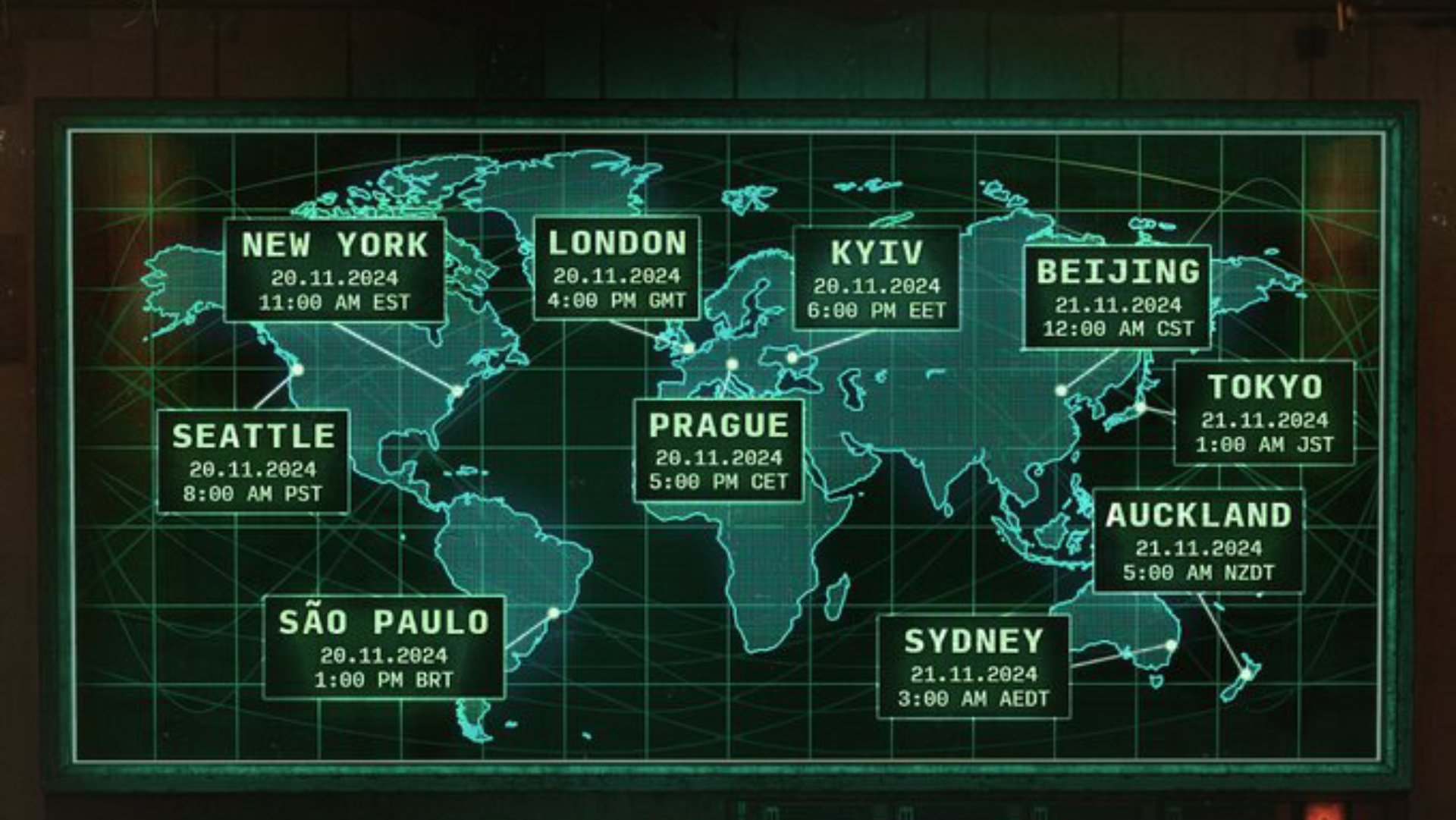Following a tumultuous period that’s seen cancellations, delays, developer switcheroos and some rough launches, Paradox Interactive wants to return to its core, focusing on the kind of games it’s best known for. RPGs like Bloodlines 2 are out—at least after it launches next year—but surprisingly life sims are still in, even after the problems with Life By You.
“Life By You, we could do it again,” deputy CEO Mattias Lilja tells me in a wide-ranging interview, “but in a different way. We should try it. It should just start smaller.”
Henrik Fåhraeus, Paradox’s chief creative officer, agrees. “I think the idea of us making a life sim makes perfect sense. It could fit perfectly in the pillars. It could be a Paradox take on the life sim.”
It’s a surprise because Life By You’s cancellation was so severe. Unlike Bloodlines 2, which has been given a lot of chances over the last five years, Life By You went from indefinitely delayed—right before it was meant to launch in early access—to cancelled in only a month.
“We looked at all the options,” says Lilja. “That’s why we took a pause first, and then, I think, a month and a bit later, we cancelled it. We spent a month trying to [figure out] how do we do this? What are the options? And we didn’t really see any, so that’s why we ended up there. It doesn’t mean that we’ll never get back to it or do something similar, but we don’t have options that allow us to do that now.”
The picture Fåhraeus paints is one where there were just too many problems. “We saw a lot of issues with this feature, the graphics, that this thing is glitchy, that doesn’t quite work.” But the larger problem was that the game as a whole didn’t really stack up to the competition. “Eventually we just saw that this is not in anyway… no single thing here is actually better.”
After the cancellation, one of Paradox Tectonic’s former designers claimed that Life By You was going well before Paradox delayed it, and that the team was “outperforming” its internal metric. Lilja acknowledges that “it can absolutely be true that they hit all their internal targets”, but that the problem was the game “was not competitive”.
Lilja’s big regret, aside from the game not being what Paradox had initially hoped for, is that development wasn’t stopped earlier. “But that’s the thing, when you’re not working inside your core, it is also harder to have a sense of when things are supposed to be done or not.”
If we do see Paradox try its hand at life sims again, it probably won’t be for a while. One of the things Lilja reiterates across the interview is that, following the success of games like Cities: Skylines, Stellaris and Crusader Kings, the company started taking bigger swings and bigger risks, making investments that lacked discipline. That’s going to stop. And while a life sim might match Paradox’s pillars, at this point, when the main competitor is a series that’s been iterated on for decades, backed by one of gaming’s biggest publishers, it definitely seems like a risk.



